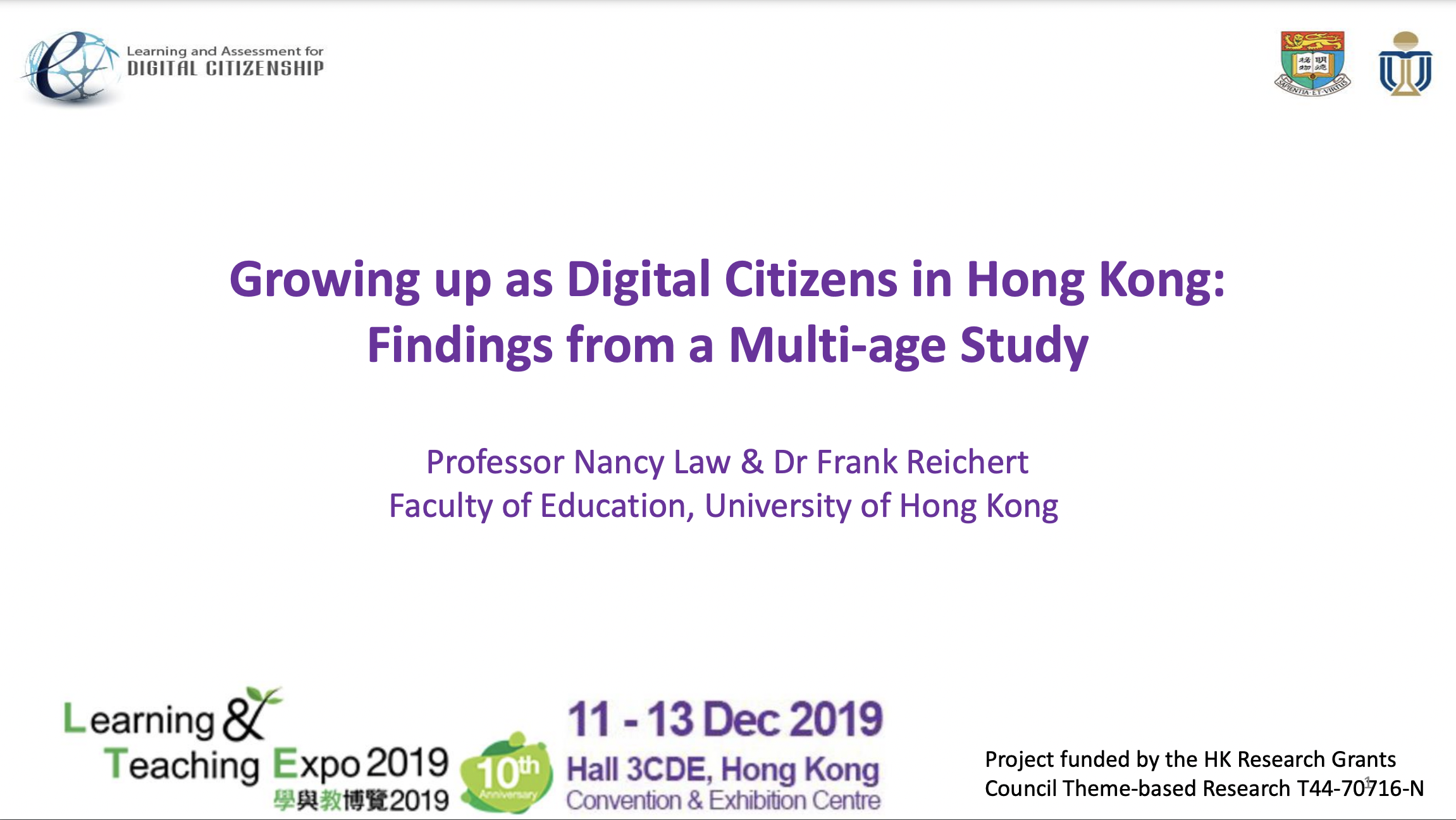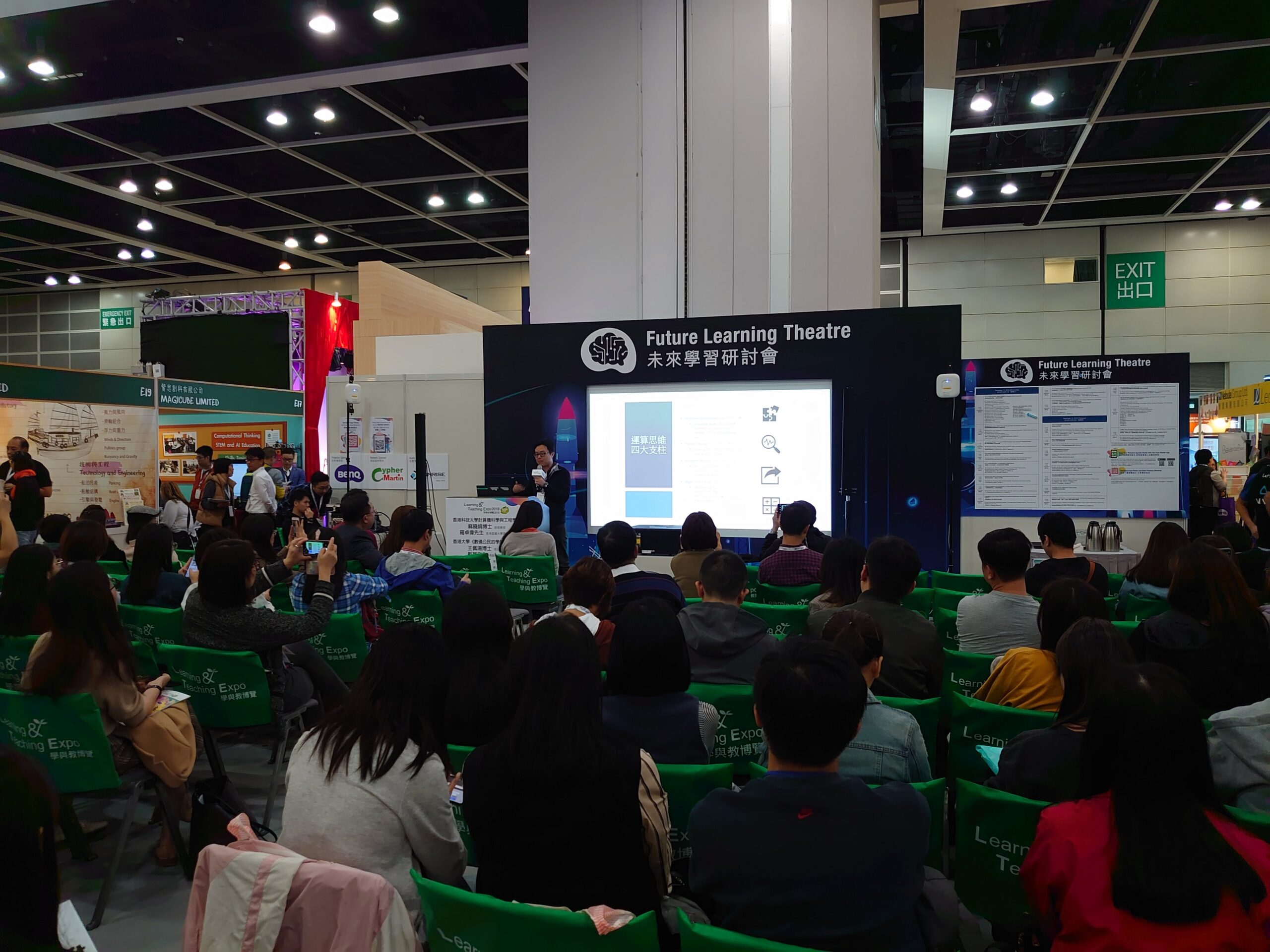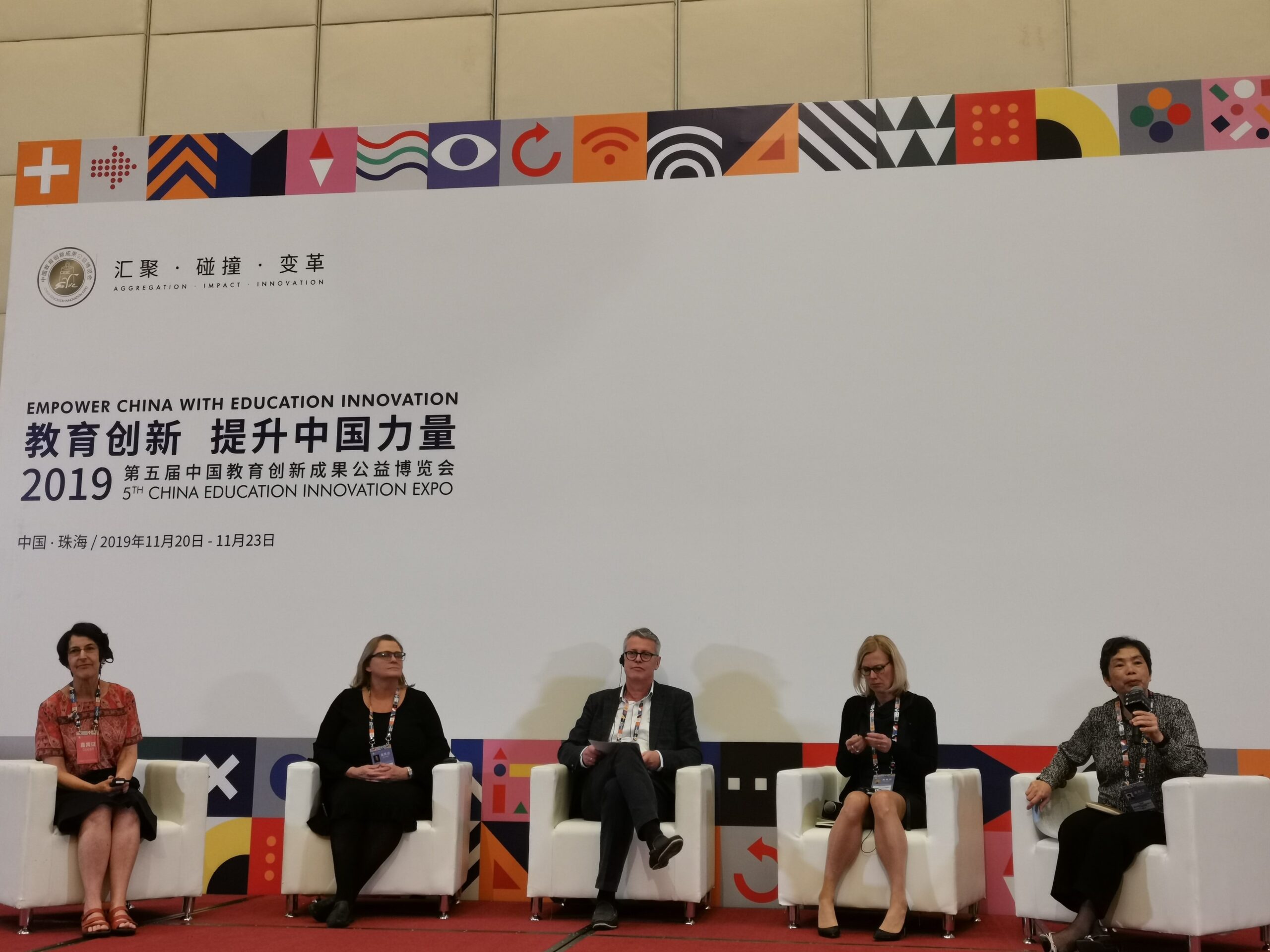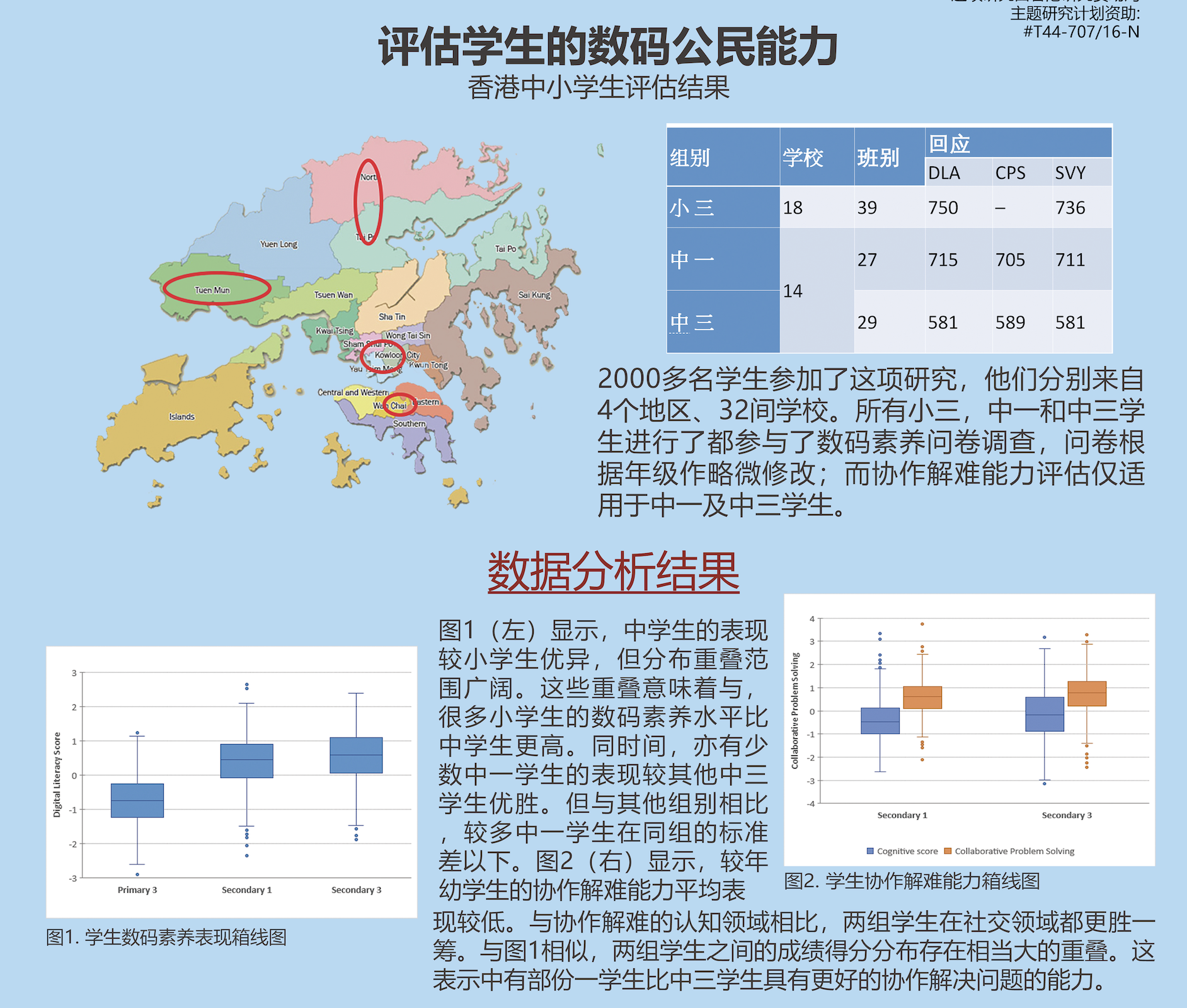
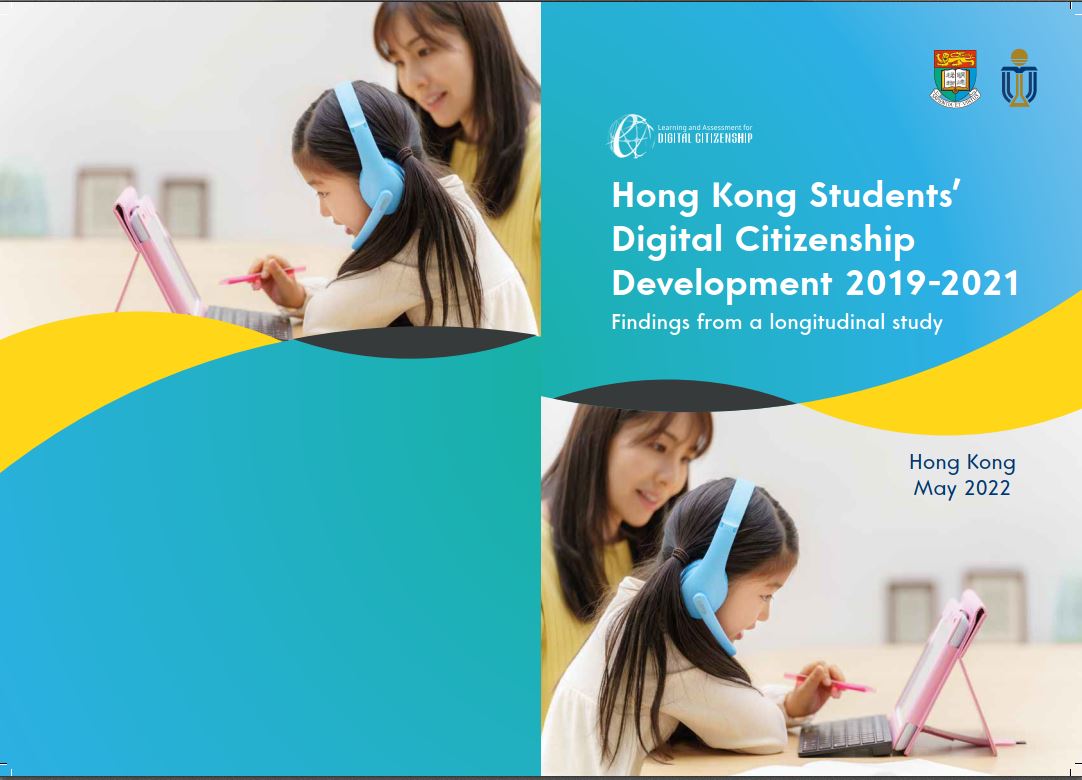
The first wave of data collection was conducted in the 2018/2019 school year, with over 2,000 students from 18 primary schools and 14 secondary schools taking part in the study. The second wave of data collection was conducted from April to July 2021, more than a year after the onset of the COVID-19 pandemic. Analyses show that the changes in students’ digital competence since 2019 have bearings on students’ wellbeing.
In this press conference, Professor Nancy Law, Deputy Director of Centre for Information Technology in Education (CITE), Faculty of Education, HKU, will present details of the finding, including the relationship between students’ digital competence and wellbeing and how these are influenced by family and school factors. Recommendations for action based on the findings will also be discussed.
A team of researchers from the University of Hong Kong (HKU) and the Hong Kong University of Science and Technology is conducting a five-year longitudinal study to find out how digital citizenship develops from childhood to early adulthood and the different factors that affect such development.
The first batch of findings from eCitizen Education 360 (2022) Project was released on November 3, 2022. The project is led by Principal Investigator, Dr Cheng Yong Tan, and Co-Investigators, Professor Nancy Law and Professor Catherine K.K. Chan, from the Faculty of Education, The University of Hong Kong (HKU). The D. H. Chen Foundation is the Growth Partner and Funder for this Project, which is designed to provide a comprehensive picture on how students, parents, schools, and teachers adapt in the New Normal after multiple waves of school suspensions due to the COVID-19 pandemic. The Project is built on the eCitizen Education 360 (2020) conducted in 2020, and it aims to identify the cumulative impact on learning and well-being outcomes of students since then.
The eCitizen Education 360 research team conducted an action-focused study from June to July last year that covered school experiences since the first school suspension in February 2020. Data were analysed by stages. Five thematic public releases were made to share the research findings and recommended actions.
A New Normal in education has emerged as there are continuous changes in the learning environment. It is not only posing huge challenges to the education community, but to all sectors of the society. Professor Nancy Law, Deputy Director, Centre for Information Technology in Education (CITE), Faculty of Education, HKU, together with stakeholders from different sectors and the supporting organizations of the project, have put tremendous effort for the benefit of students and stakeholders by delivering joint school and community actions based on the research findings, in order to enhance the quality of online learning as well as to improve the well-being of students, parents and teachers. This Symposium aims to review the progress of the project and summarise the outcomes in the effort to promote community-wide digital literacy. It would also draw up expectations and recommended actions to co-create a better New Normal. Guests from different sectors are invited to share the impacts to stakeholders due to the schools suspension and resumption, as well as relevant practicable recommendations. The symposium would be followed by four workshops on different themes to be facilitated by relevant experts. We cordially invite you to join us.
A team of researchers from the University of Hong Kong (HKU) and the Hong Kong University of Science and Technology conducted an action-focused study titled “eCitizen Education 360”, to understand the preparedness and experiences of students, parents, teachers, and school leaders before, during and after the first school suspension between February-June 2020 due to the COVID-19 pandemic.
In this press conference via ZOOM, Professor Nancy Law, Deputy Director, Centre for Information Technology in Education (CITE), Faculty of Education, HKU, will present the fifth batch of research findings. It will shed light on the different patterns of parenting behaviour before and during school suspension, the impact of parenting on student wellbeing, and the extent to which parenting behaviour is influenced by the parents’ background and school factors. The team will also invite guest respondents from different sectors to share their insights on the findings and to put forward recommendations to address the challenges identified.
A team of researchers from the University of Hong Kong (HKU) and the Hong Kong University of Science and Technology conducted an action-focused study titled “eCitizen Education 360”, to understand the preparedness and experiences of students, parents, teachers, and school leaders before, during and after the first school suspension between February-June 2020 due to the COVID-19 pandemic.
In this press conference via ZOOM, Professor Nancy Law, Deputy Director, Centre for Information Technology in Education (CITE), Faculty of Education, HKU, will present the fourth batch of research findings. It focuses on how school leadership practices before the pandemic, both general and e-learning specific, influence teachers’ preparedness for and effectiveness in online teaching. The findings also shed light on how multi-level school leadership have fostered a culture of trust and collaboration for pedagogical innovation that is regarded essential in the New Normal. Recommendations for actions based on the findings will also be presented.
A team of researchers from the University of Hong Kong (HKU) and the Hong Kong University of Science and Technology conducted an action-focused study titled “eCitizen Education 360”, covering school experiences since the first class suspension in February 2020.
Professor Nancy Law, Deputy Director, Centre for Information Technology in Education (CITE), Faculty of Education, HKU, will present the third batch of unique research findings (following the first two batches released in July and August 2020 earlier). It will shed light on how the extended periods of online teaching during school suspension influenced teachers’ pedagogical practices and perceptions of their effectiveness, changes after school resumption, and factors affecting them. Implications for support to teachers will be discussed. The third school seminar will be held after the findings presentation. Four speakers who are experienced in the use of e-learning are invited to share their experience and insights based on our findings under the “new normal”. We cordially invite you to join us.
A team of researchers from the University of Hong Kong (HKU) and the Hong Kong University of Science and Technology conducted an action focused study “eCitizen Education 360” during the school resumption period in June and July. The first batch of research findings was released on July 20, suggesting that the cumulative negative effects due to socioeconomic and digital divides on disadvantaged students need attention. Schools should also have e-learning preparedness. On July 28, we have conducted our first school seminar, over 500 participants joined us to discuss and response to the most urgent needs and actions after school resumption.
A team of researchers from the University of Hong Kong (HKU) and the Hong Kong University of Science and Technology, based on the initial findings of the “Learning and Assessment for Digital Citizenship” Project, is conducting an action focused post-COVID-19 study “eCitizen Education 360”, to find out what are the challenges, wellbeing issues and status of learning outcomes during and after school suspension in primary and secondary schools, support at home, and the most urgent needs and actions after school resumption.
The data collection began in early June 2020 as schools gradually resumed, involving primary, secondary and special schools. A total of over 6,000 students, 1,300 parents and 1,200 teachers took part in the study. In this press conference via Zoom. The first press conference was held on 20 July 2020. Professor Nancy Law, Deputy Director, Centre for Information Technology in Education (CITE), Faculty of Education, HKU, presented the research findings and provide some recommendations for actions. Representatives from Supporting Organisations of the project also joined the press conference.
This series will explore, in collaboration with scholars and researchers in other countries and regions, the impact of digital media on the everyday life of children and youth, and on their development as citizens in an increasingly technology-intensive and globally-connected world. Seminars will report on current research findings, critically examine conceptual and methodological issues and explore research trends and opportunities related to digital citizens and digital citizenship.
By 21st Century skills, we are interested in the assessment of skills such as digital literacy and collaborative problem solving. The use of these skills is often situated within technologically sophisticated environments: Hence, assessments of them must also be embedded in technologically enhanced testing contexts.
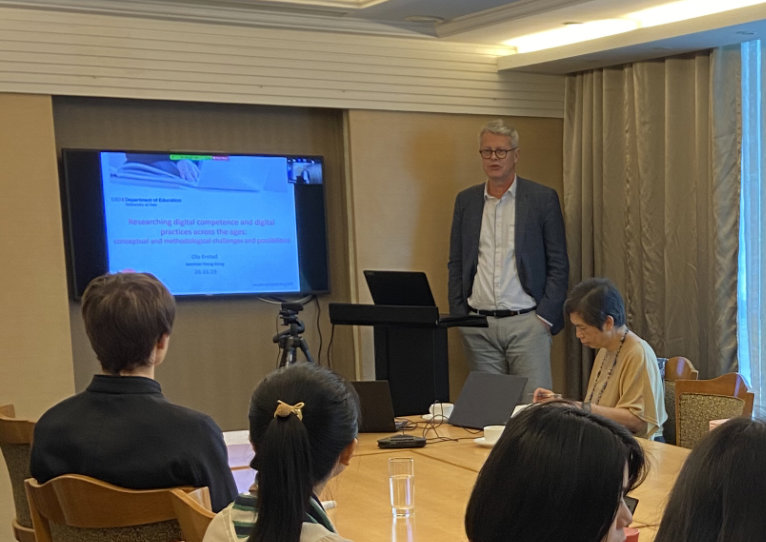
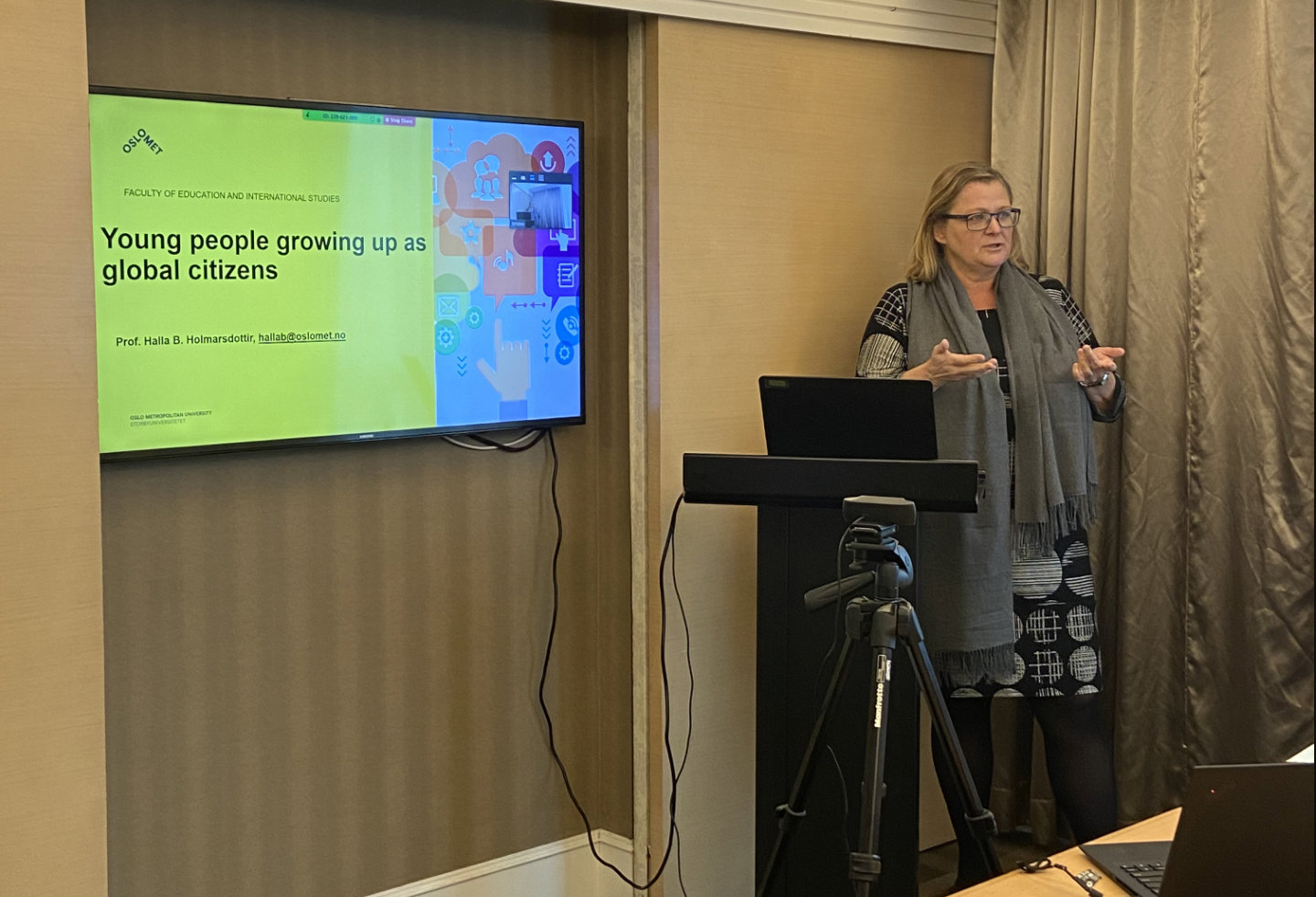
Growing up in the digital age faces new opportunities and challenges. It has also brought new research questions and stimulated new approaches and methodologies to understand and support children and youth growing up in the digital age. The two invited speakers shared with us their research in this area.
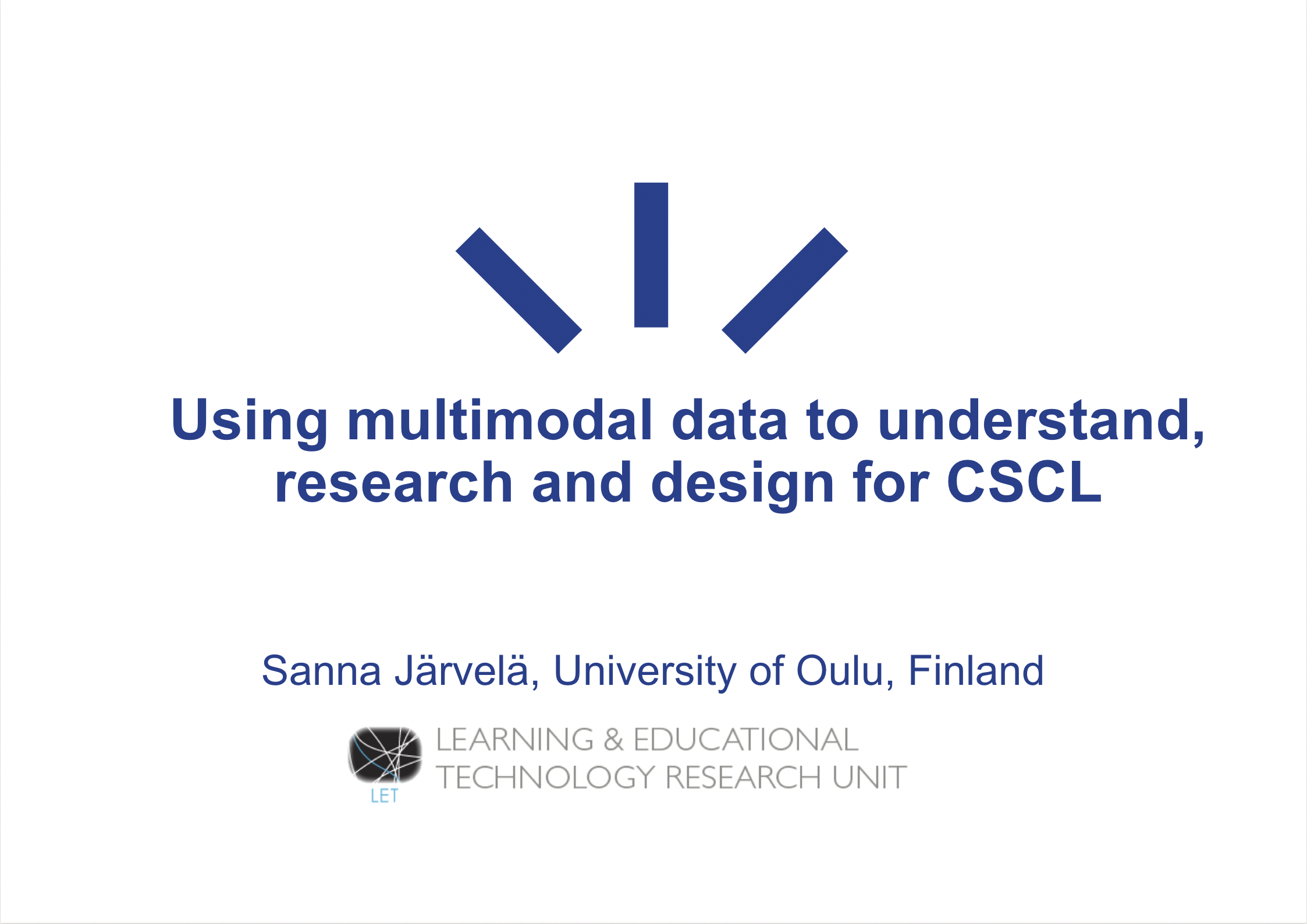
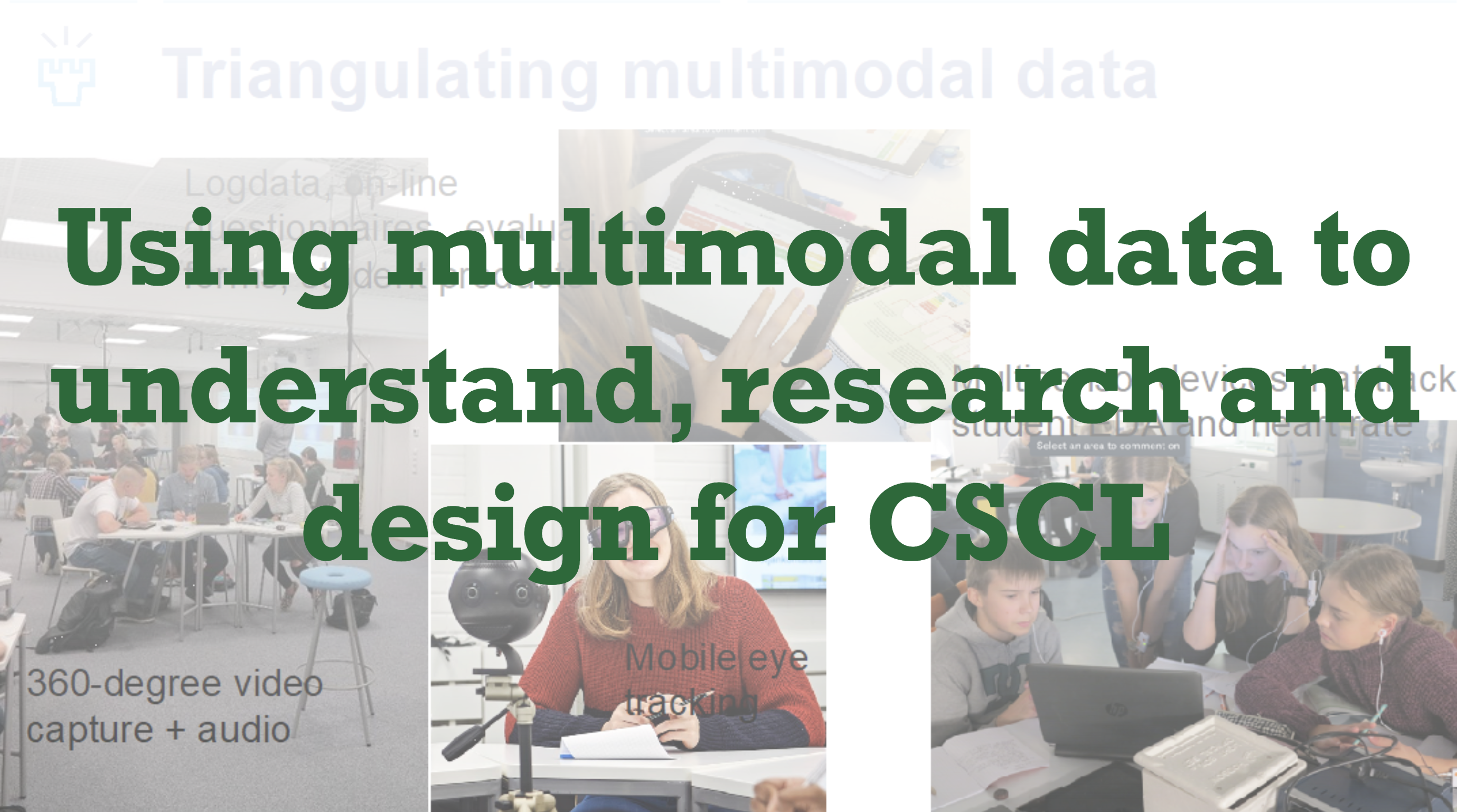
Advanced learning technologies have contributed to progress in research learning sciences. There is growing interest in methodological developments using technological tools and multimodal methods in understanding learning process (e.g. physiological measures). Her research group have been working for multimodal and multichannel data for collecting and understanding complex process of collaborative learning.
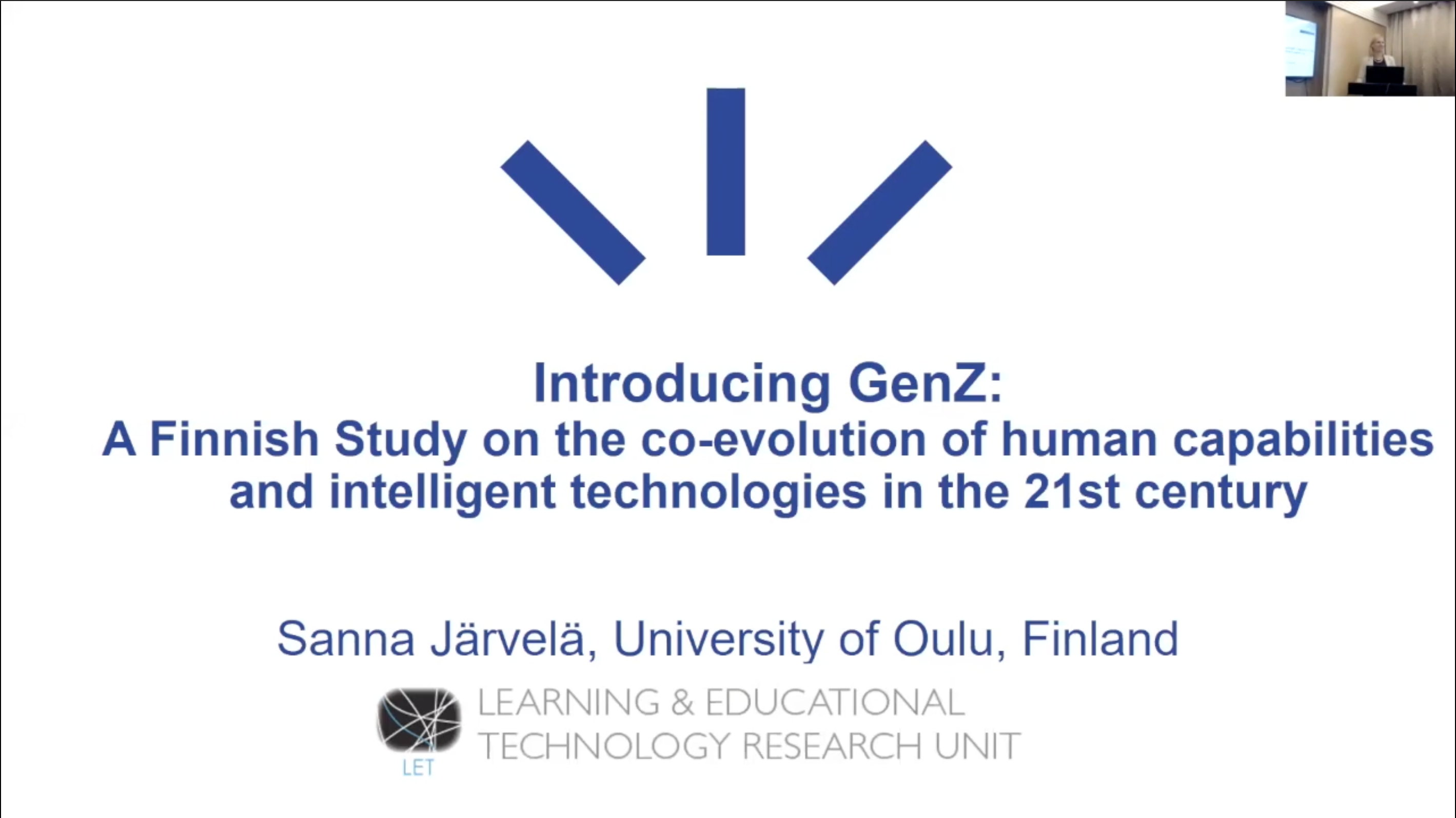
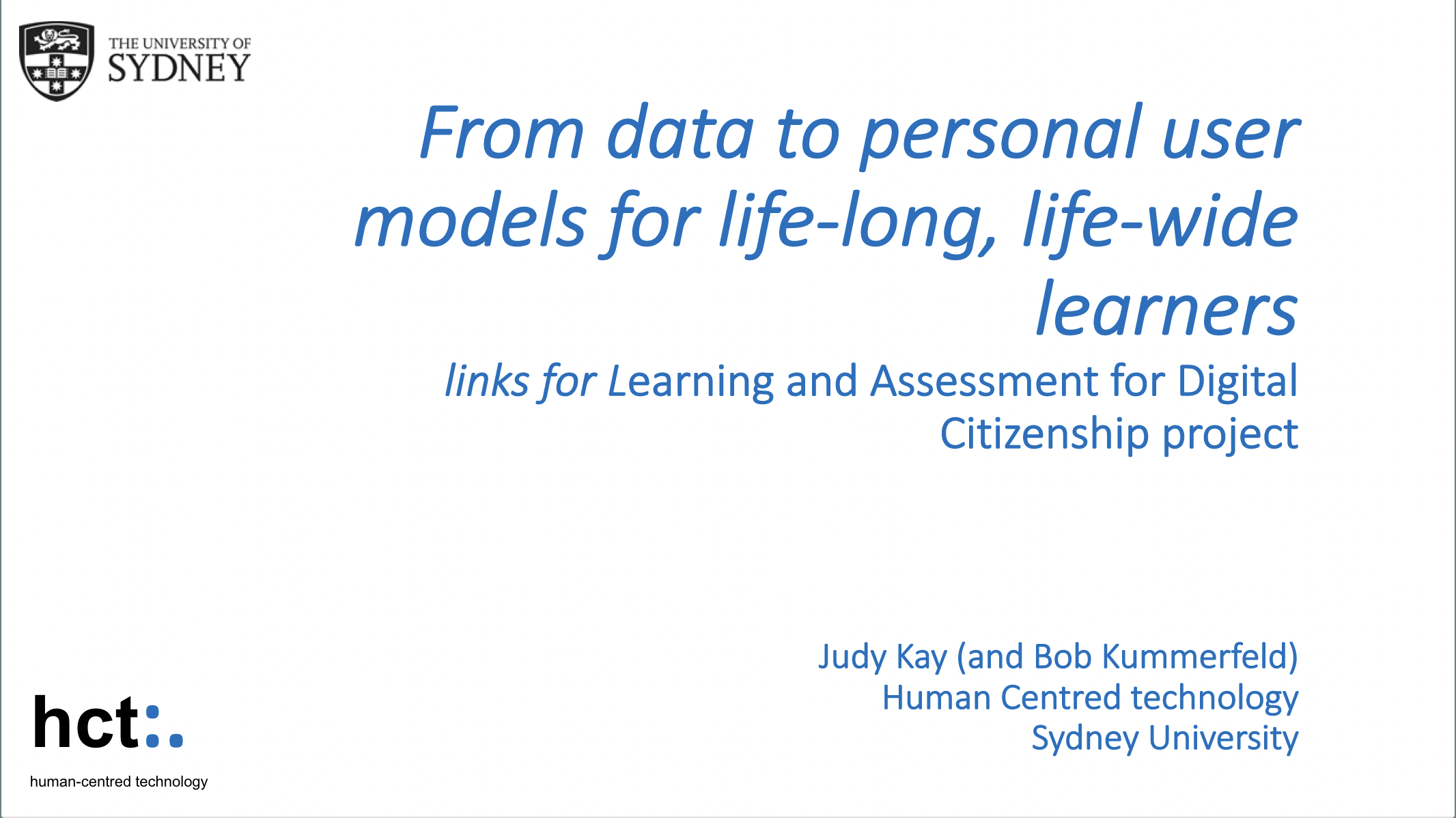
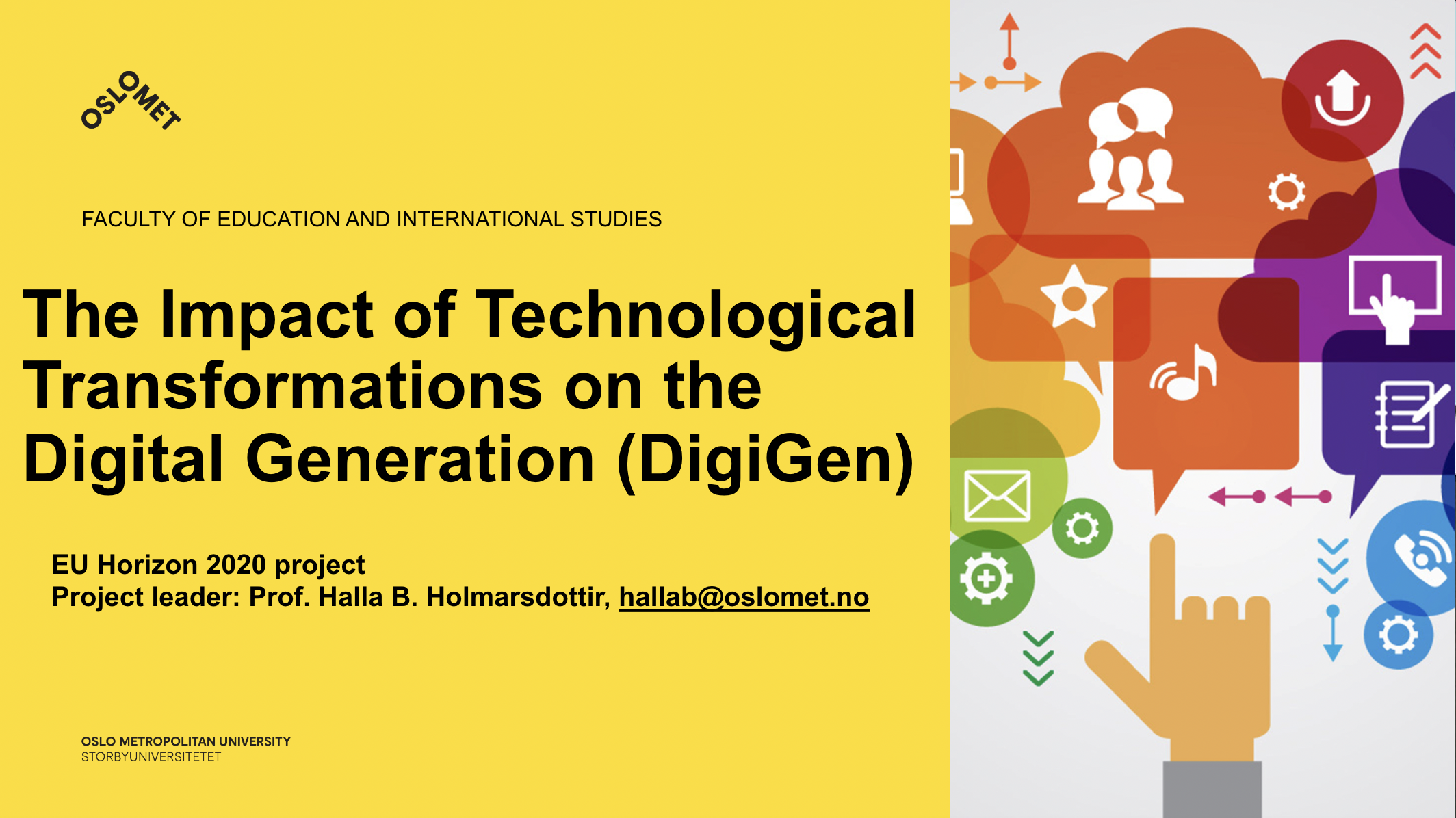
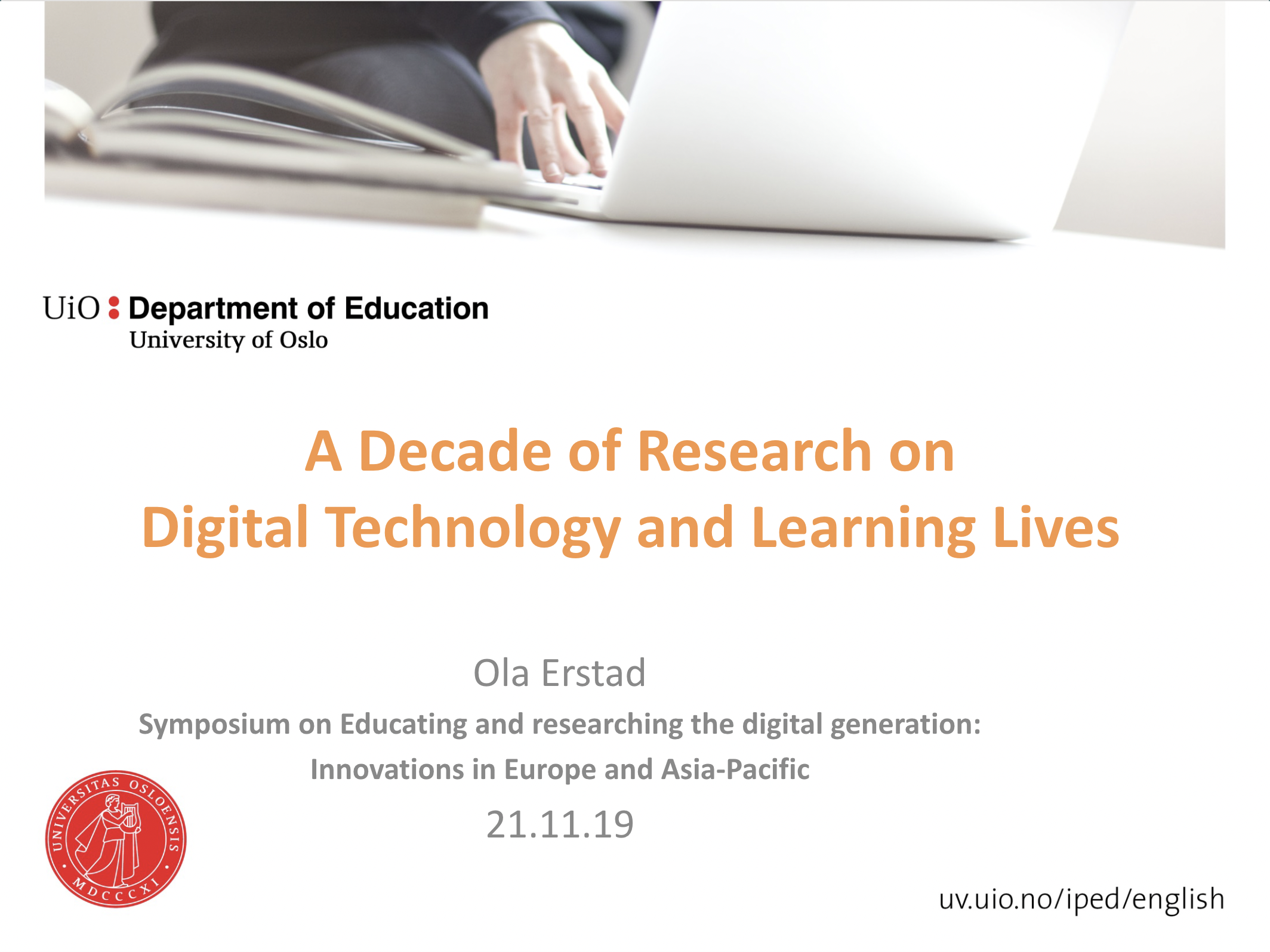
What are the opportunities and risks brought about by the escalating speed of technological advancement and the transformative changes that this will bring? How can digital technologies be leveraged to augment and strengthen human skills and capabilities for an equitable and sustainable future? In this symposium, four prominent researchers from Europe and Australia will share their related research and perspectives to address these questions.
Growing up in the digital age faces new opportunities and challenges. It has also brought new research questions and stimulated new approaches and methodologies to understand and support children and youth growing up in the digital age. The two invited speakers shared with us their research in this area.
A team of researchers from the University of Hong Kong (HKU) and the Hong Kong University of Science and Technology conducted an action-focused study titled “eCitizen Education 360”, covering school experiences since the first class suspension in February 2020.
Following the first three releases reported earlier, Professor Nancy Law, Deputy Director, Centre for Information Technology in Education (CITE), Faculty of Education, HKU, will present the fourth batch of research findings. It focuses on how school leadership practices before the pandemic, both general and e-learning specific, influence teachers’ preparedness for and effectiveness in online teaching. The findings also shed light on how multi-level school leadership have fostered a culture of trust and collaboration for pedagogical innovation that is regarded essential in the New Normal. The fourth school seminar will be held after the findings presentation. We are pleased to invite three school Principals to share their experiences on how their leadership role enhance to the development of e-learning in school. We cordially invite you to join us.
A team of researchers from the University of Hong Kong (HKU) and the Hong Kong University of Science and Technology conducted an action-focused study titled “eCitizen Education 360”, covering school experiences since the first class suspension in February 2020.
Professor Nancy Law, Deputy Director, Centre for Information Technology in Education (CITE), Faculty of Education, HKU, will present the third batch of unique research findings (following the first two batches released in July and August 2020 earlier). It will shed light on how the extended periods of online teaching during school suspension influenced teachers’ pedagogical practices and perceptions of their effectiveness, changes after school resumption, and factors affecting them. Implications for support to teachers will be discussed. The third school seminar will be held after the findings presentation. Four speakers who are experienced in the use of e-learning are invited to share their experience and insights based on our findings under the “new normal”. We cordially invite you to join us.
A team of researchers from the University of Hong Kong (HKU) and the Hong Kong University of Science and Technology conducted an action focused study “eCitizen Education 360” during the school resumption period in June and July. The first batch of research findings was released on July 20, suggesting that the cumulative negative effects due to socioeconomic and digital divides on disadvantaged students need attention. Schools should also have e-learning preparedness. On July 28, we have conducted our first school seminar, over 500 participants joined us to discuss and response to the most urgent needs and actions after school resumption.
The Education Bureau has already announced that the new school year will start as scheduled, but classes and extracurricular activities will not be conducted face-to-face. Schools are busily preparing for this. Professor Nancy Law, Deputy Director, Centre for Information Technology in Education (CITE), Faculty of Education, HKU, will present the second batch of research findings on August 25, which focuses on identifying favourable school level factors that facilitate more effective online learning, such as how the e-learning team works and its composition, how the school supports teacher professional development and students’ e-learning. The second school seminar will be held after the press conference. We cordially invite you to join us.
A team of researchers from the University of Hong Kong (HKU) and the Hong Kong University of Science and Technology, based on the initial findings of the “Learning and Assessment for Digital Citizenship” Project, conducted an action focused post-COVID-19 study “eCitizen Education 360”, to find out what are the challenges, wellbeing issues and status of learning outcomes during and after school suspension in primary and secondary schools, support at home, and the most urgent needs and actions after school resumption. The first batch of findings confirmed pre-suspension e-learning preparedness and family support critical for students’ online learning success. Stakeholder responses at the press conference have emphasized that it is imperative to enhance the readiness of schools, students, parents and families, and ensure equitable student learning by closing the digital divide in a rapid transition to the “New Normal” of many uncertainties. With a view to achieving these through joint school and community actions, we cordially invite you to the first school seminar below.
